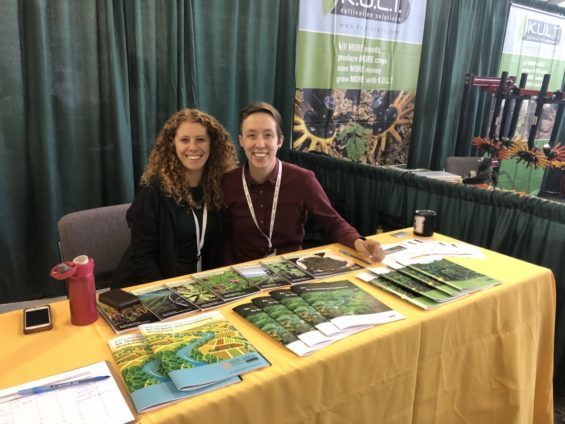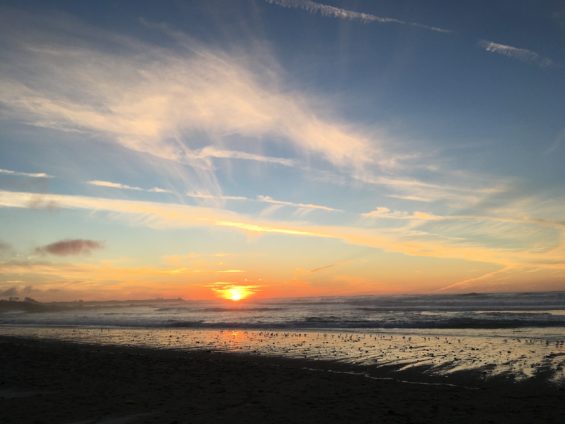Research Forum Scholarship Recipients Share Feedback
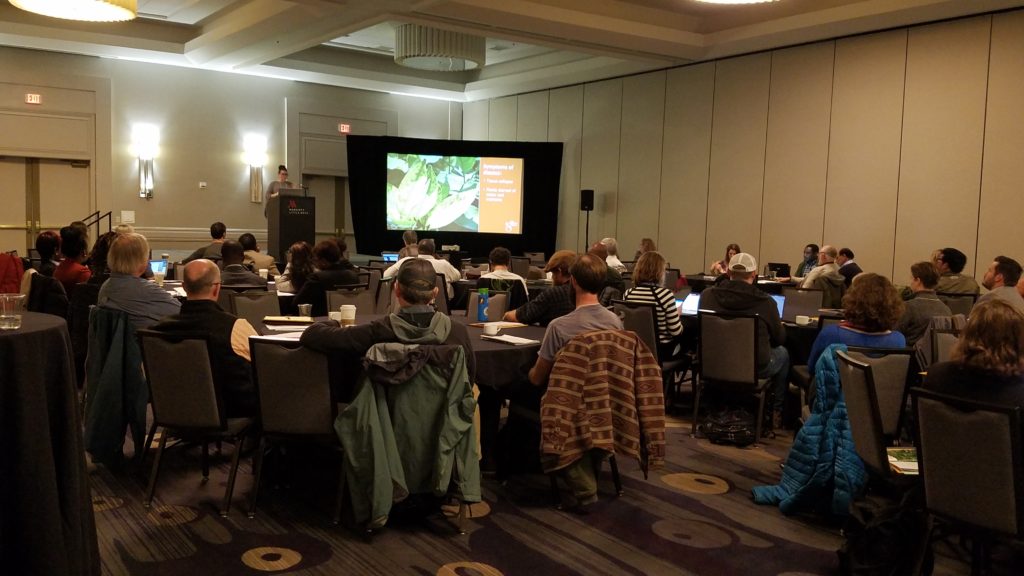 April 10, 2020 – In January, OFRF and Tuskegee University in partnership with the Southern Sustainable Agriculture Working Group (SSAWG) presented the 2020 Organic Agriculture Research Forum (OARF) in Little Rock, Arkansas on the day prior to the 2020 SSAWG Conference.
April 10, 2020 – In January, OFRF and Tuskegee University in partnership with the Southern Sustainable Agriculture Working Group (SSAWG) presented the 2020 Organic Agriculture Research Forum (OARF) in Little Rock, Arkansas on the day prior to the 2020 SSAWG Conference.
With generous support from Ceres Trust, OFRF was able to provide scholarships to 15 students, farmers, and researchers to help with conference and travel expenses. We are truly grateful to Ceres Trust for working to ensure everyone who wanted to attend was able to do so. The feedback we received from scholarship participants was so positive, we wanted to share a few highlights.
Greg and Carole Lolley, Mayim Farm, Alabama
“What can we say … we didn’t think the SSAWG Conference could get any better but that was before the OFRF Organic Agriculture Research Forum and SSAWG Conference combined for a mind-blowing three days of discussion and learning. We have always enjoyed our yearly SSAWG conference, but having round table discussions with other growers and organic researchers has really broadened our perspectives. Personal stories told by other farmers at the forum have already proven to be helpful. We discussed actual real-world situations and problems that we had experienced. This was the first time I have been able to present an issue I was having on the farm and have a group of farmer peers hear and give advice on how they have dealt with similar issues. I believe this is a great channel for information to flow to the farmer from researchers. OFRF is doing a great service to the farmers by providing this venue for the exchange of information both ways. By that I mean farmers hear new ideas from the researchers and researchers hear firsthand what things the farmers need help with.”
Dr. Clement Akotsen-Mensah, State IPM Specialist, Lincoln University Cooperative Extension, Missouri
“I had the privilege to participate in this workshop through the generous provision of a scholarship I received from OFRF. The group discussion in my opinion was an excellent idea since it allowed participants to talk about issues confronting southern organic agriculture. The information I gained at the workshop will enhance my work as the State IPM specialist at Lincoln University because I will be able to extend research-based information to Lincoln University clientele who are mainly socially disadvantaged and minorities.”
Luke Yoder, Shiloh Farm, Tennessee
“At my table I connected with a colleague I haven’t seen in years, a NRCS agent who is going to come visit our farm and help connect with resources to produce some specialty crops, and a new friend who runs a small farm like mine.”
Carlos Alonso Maldonado, Universidad Autonoma de Sinaloa and Ecoagro,Sinaloa, Mexico
“Ever since the date when I was notified by OFRF that the abstract on my investigation had been accepted for a poster presentation, I was very excited about attending the 2020 OARF. Overall, because this meant a turning point in my 18-month research effort, for I had been given the chance to share findings with other US researchers and industry stakeholders, with whom I could network and possibly leverage to take my work from theory into practice.”
Southern SAWG facilitates the development of a more sustainable food and agriculture systems across 13 states in the Southern U.S. Since 1992 they have provided high quality educational materials and training opportunities on sustainable and organic production, marketing strategies, farm management, and community food systems development. Each year the Southern SAWG Conference brings together over 1,000 farmers, researchers, educators, and others in the sustainable agriculture field to share practical tools and information and strengthen their working relationships.
Tuskegee University has initiated an organic farming program for over 10 years to educate Alabama residents on the health benefits of organic vegetables. The program has grown in recent years to include site specific organic farming research on various vegetable crop varieties and integrated pest management throughout the Southern United States to provide recommendations to organic growers. Dr. Kpomblekou-A has served as director of the program at Tuskegee University since 2016.
The conference was supported by the Organic Agriculture Research and Extension Initiative (OREI) grant no. 2019-51300-30250 from the USDA National Institute of Food and Agriculture.
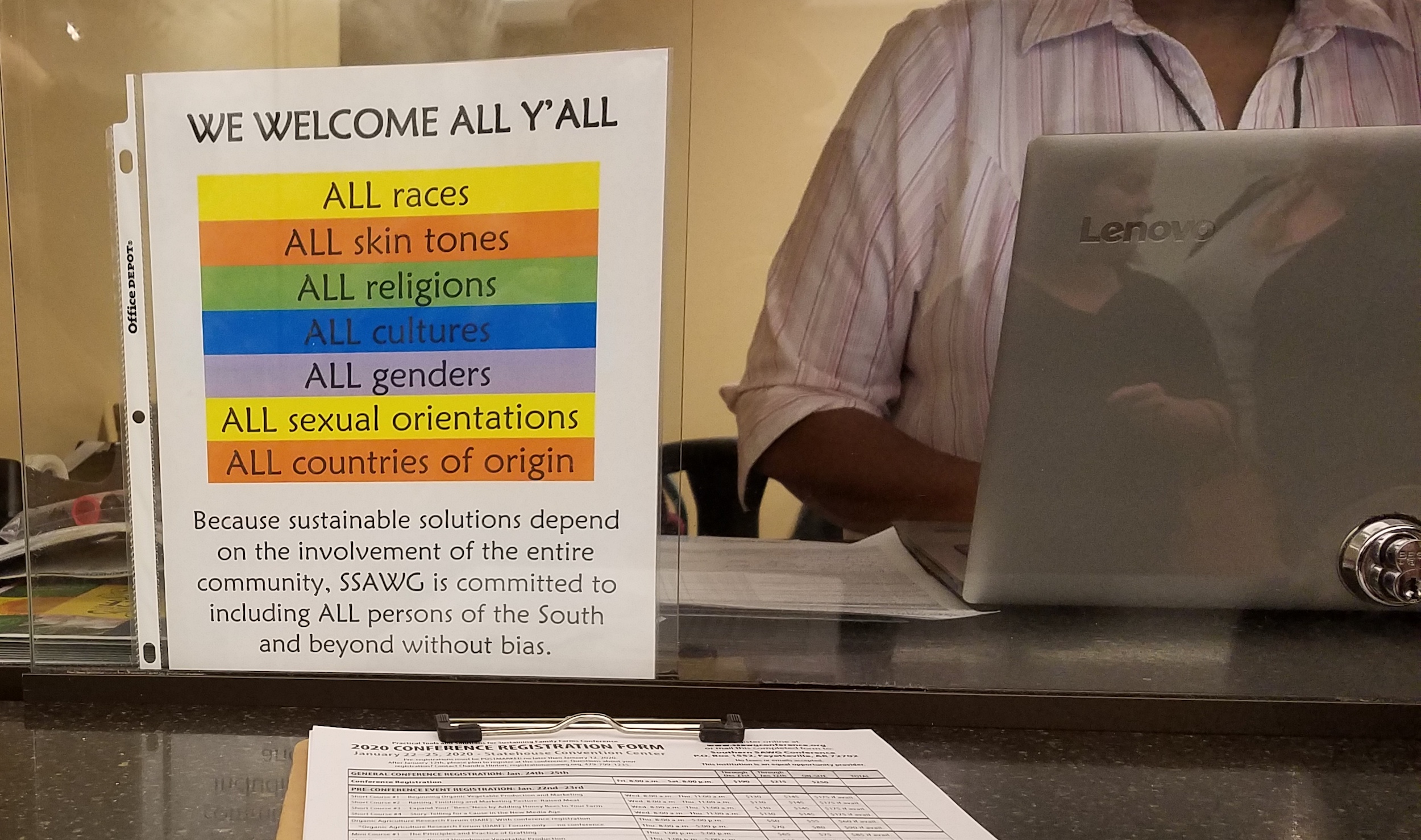
All photos by Shirah Dedman



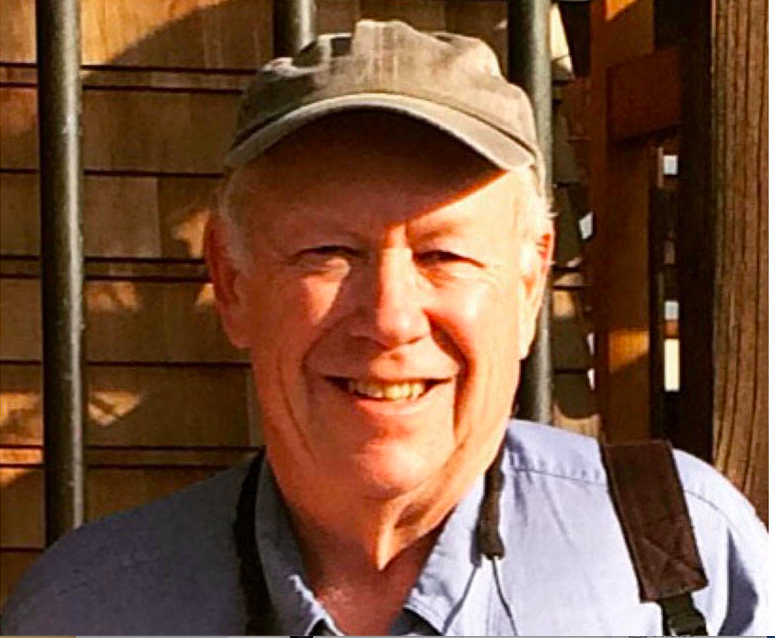
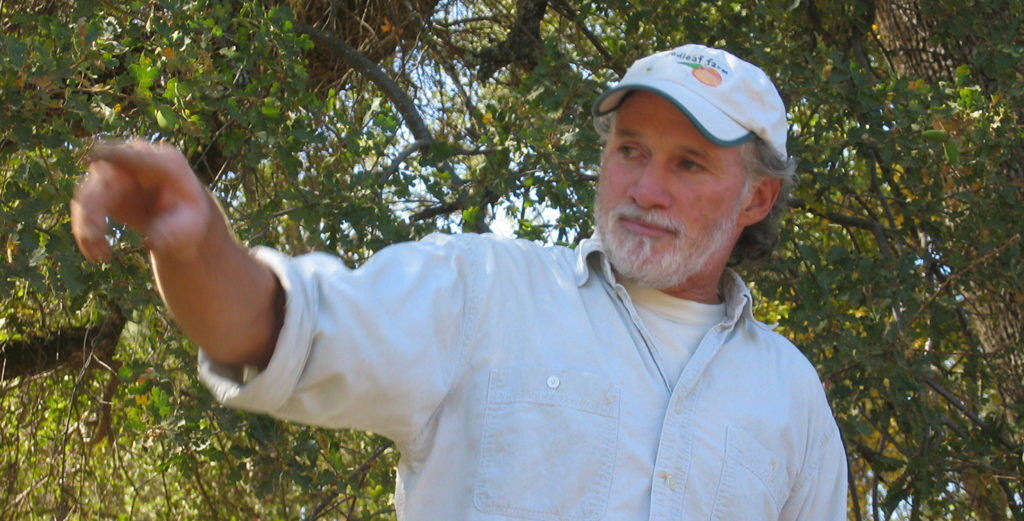
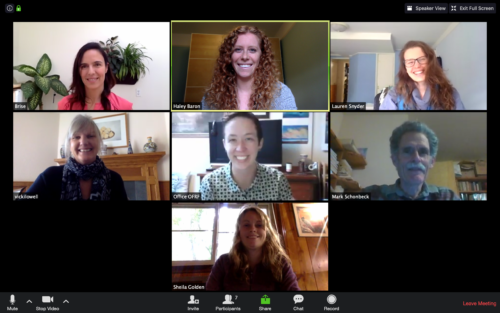
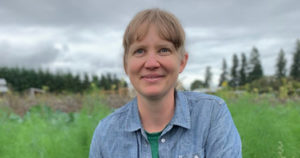 April Jones Thatcher is the founder of
April Jones Thatcher is the founder of  Dr. Joe K. Kpomblekou-A is a Professor of Soil and Environmental Sciences in the College of Agriculture, Environment and Nutrition Sciences at
Dr. Joe K. Kpomblekou-A is a Professor of Soil and Environmental Sciences in the College of Agriculture, Environment and Nutrition Sciences at 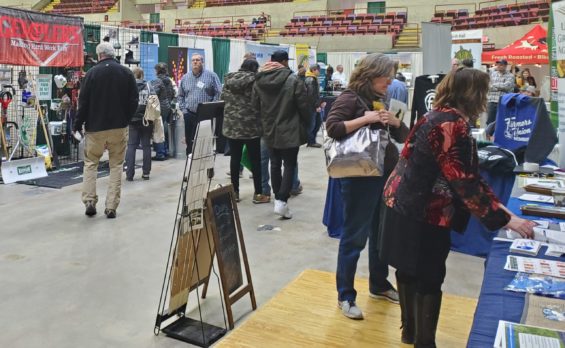 March 5, 2020 – Last week, I returned to the OFRF office feeling rejuvenated and re-energized after attending the
March 5, 2020 – Last week, I returned to the OFRF office feeling rejuvenated and re-energized after attending the 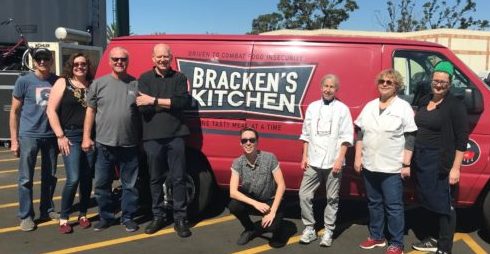 March 5, 2020 – As many of you have heard, Expo West and related events were postponed this week due to COVID-19. Unfortunately, that meant postponing our annual fundraising event, which we have held for 23 years on the day before Expo opens. That would have been yesterday.
March 5, 2020 – As many of you have heard, Expo West and related events were postponed this week due to COVID-19. Unfortunately, that meant postponing our annual fundraising event, which we have held for 23 years on the day before Expo opens. That would have been yesterday.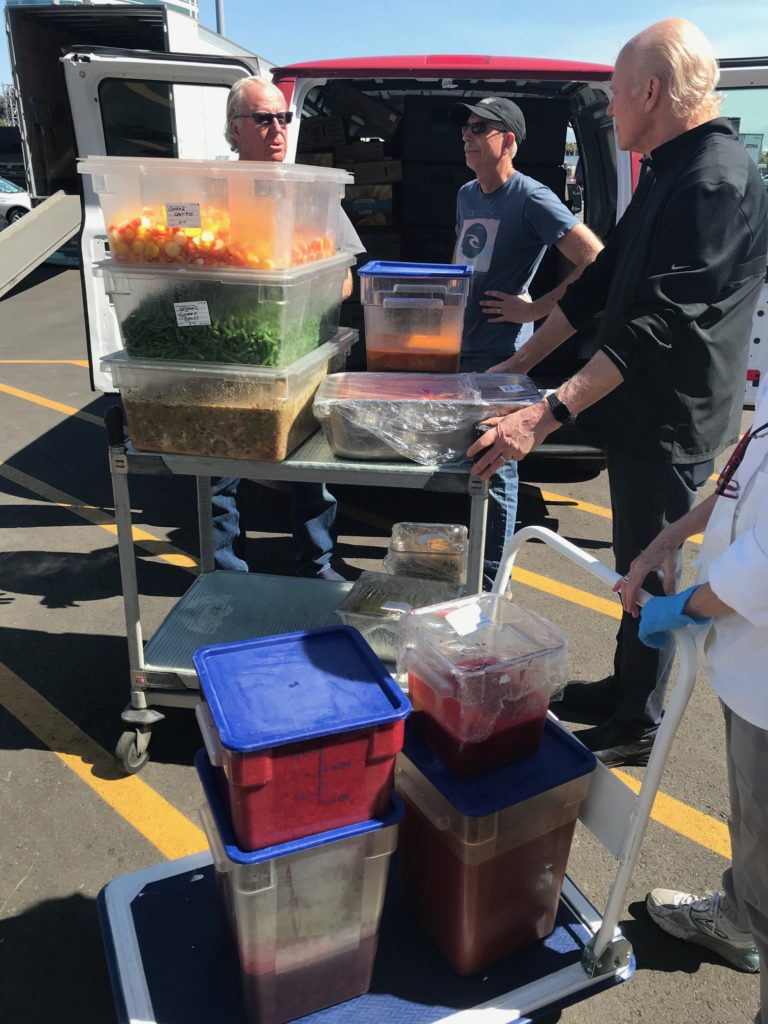
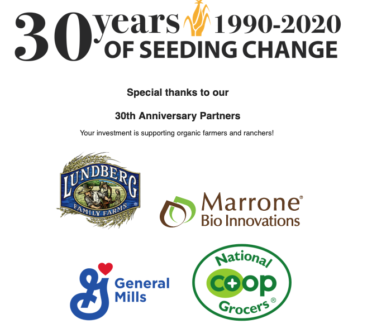
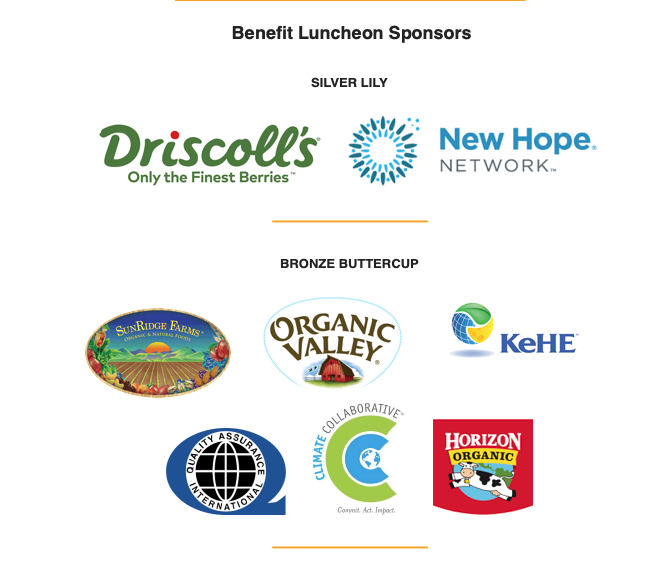
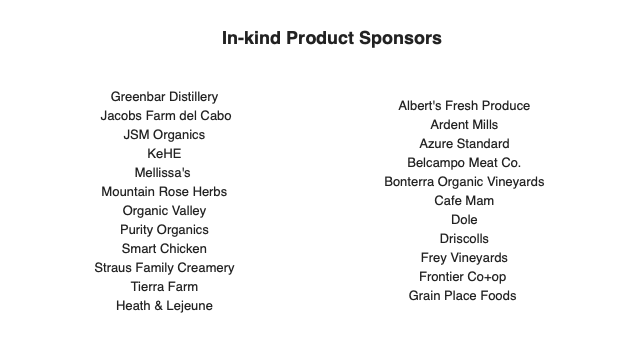
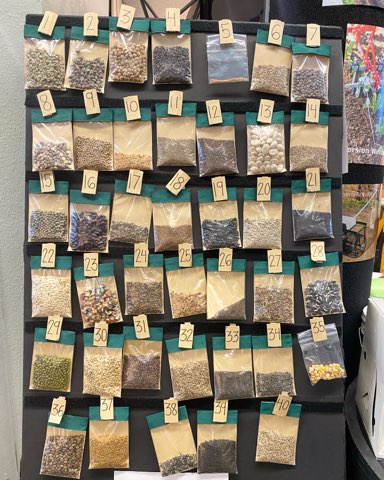
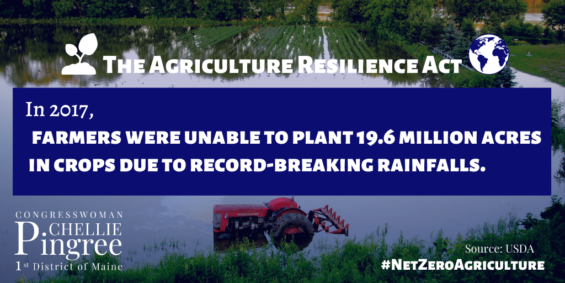
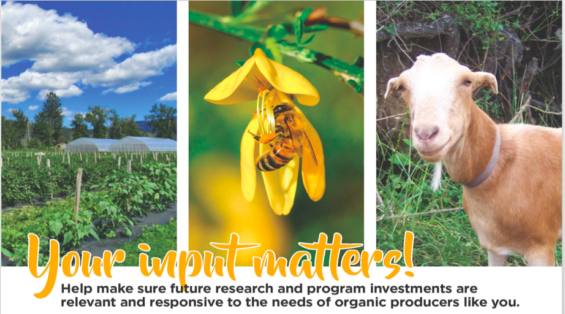 February 18, 2020 – The Organic Farming Research Foundation (OFRF) and Organic Seed Alliance (OSA) have released two national organic surveys—one for certified organic producers and the other for producers transitioning to organic certification. This collaborative effort is part of a USDA-funded project seeking to learn more about the challenges and research priorities of organic farmers and ranchers, and those transitioning land to certified organic production.
February 18, 2020 – The Organic Farming Research Foundation (OFRF) and Organic Seed Alliance (OSA) have released two national organic surveys—one for certified organic producers and the other for producers transitioning to organic certification. This collaborative effort is part of a USDA-funded project seeking to learn more about the challenges and research priorities of organic farmers and ranchers, and those transitioning land to certified organic production.